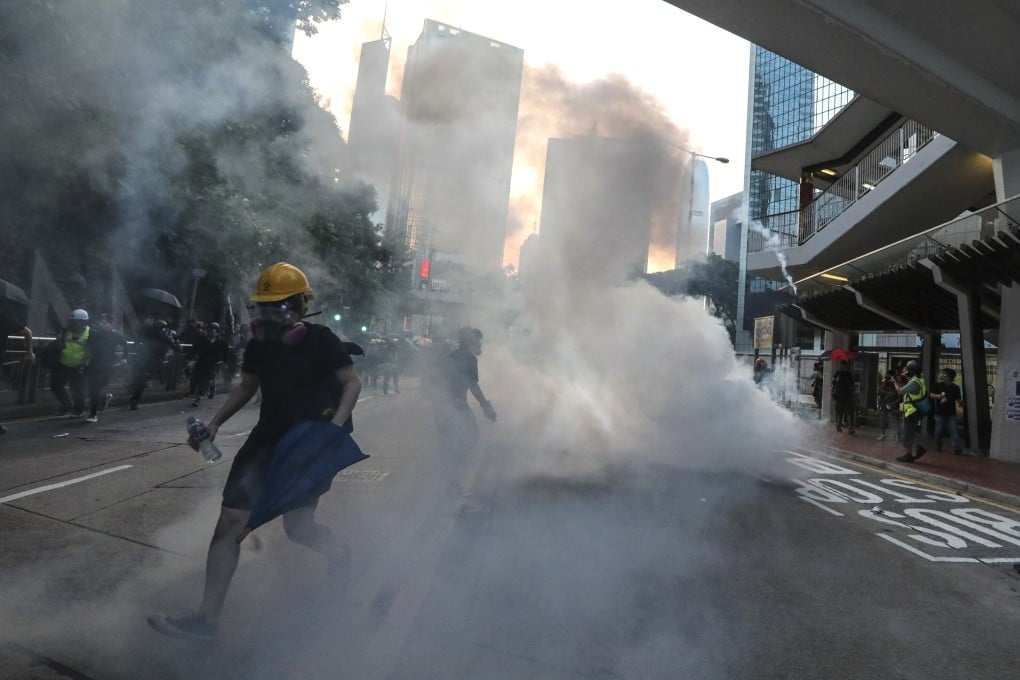Advertisement
Opinion | In polarised Hong Kong, the media should have a common enemy in bias
- Atlantic article that paints a picture of newsroom tension at the Post over its coverage of the Hong Kong protests – quoting anonymous sources for the juicier parts – fails the test of journalistic objectivity and rigour
Reading Time:4 minutes
Why you can trust SCMP

At the South China Morning Post, we are used to sometimes becoming the subject of news.
Advertisement
As the primary source of first-hand information on Greater China for millions of readers, such interest is understandable – ever more so in today’s fast-changing global political landscape.
Often we shrug off this outside attention: when reports are erroneous and one-sided, we believe in letting our content speak for itself.
However, when The Atlantic ran a report titled “A Newsroom at the Edge of Autocracy” last weekend, for which I was interviewed, I felt compelled to respond. Despite the best efforts of its skilful editors, the piece is largely gossip masquerading as analysis. More importantly, it is a symptom of binary thinking, which, together with the sweeping national security law imposed on Hong Kong by Beijing, threatens to put our long-held editorial direction and convictions at risk.
To many readers, the Atlantic story seems to be thorough and authoritative. It takes on a weighty subject and shapes it into a forceful and dramatic narrative. The article quoted about a dozen people, including nine anonymous former and current company staff. This only gives the piece a facade of professionalism.
Advertisement
The article’s bias is reflected in the way it cherry-picked quotes, incidents and examples of the Post’s work to fit its narrative. Instead of examining all available facts before drawing conclusions, the story characterised the paper’s coverage of the year-long Hong Kong protests as heavily slanted to favour the police and the government, by selecting articles that seem to support its positions.

Advertisement
